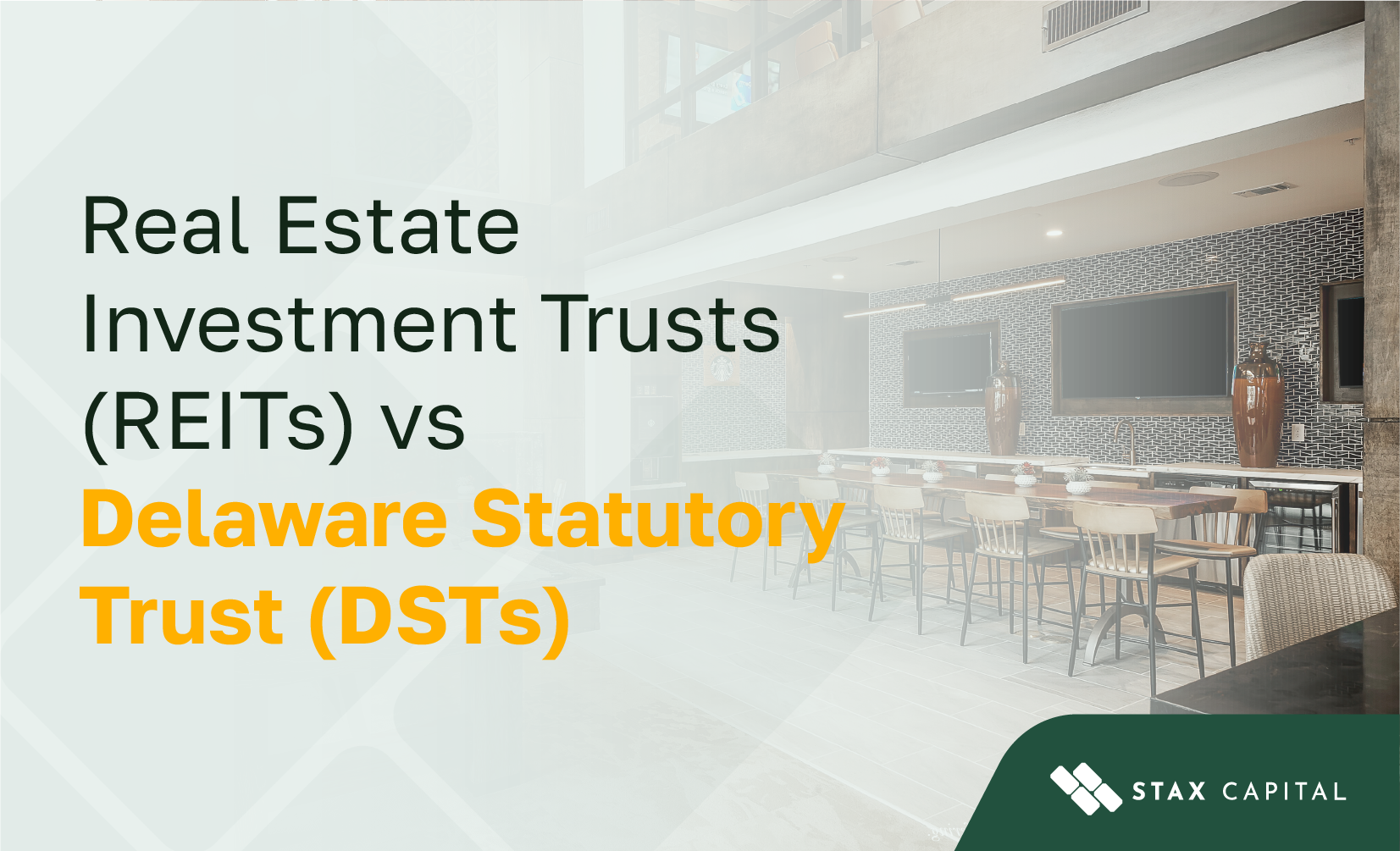Diversifying investment portfolio through real estate investment

The main goal of investing is to earn returns. No investor really looks forward to investments that yield losses and even if such an investor exists, that would not be the norm. However, in reality, losses occur; economies experience downturns and stock prices dip.
How then can you protect yourself from making losses on your investments? While you cannot control the direction of the financial markets or investment prices and returns, you can mitigate against investment risks by diversifying your investment portfolio. One of such ways is through real estate investment.
Even the best diversification strategy does not guarantee a hundred percent protection against total investment losses. However, investment diversification may reduce losses and cushion the impact of any loss experienced by some assets in your portfolio.
What is investment diversification?
Financial markets are volatile and dependent on a lot of factors such as government policies, politics, interest rates, inflation rates, economic cycles and much more. While there are expectations of profits and returns, the uncertainty in investment performance still remains.
Investment diversification is the risk management strategy geared towards mitigating and reducing losses due to market uncertainties and fluctuations by having a diversified portfolio of assets.
For example, if you put all your investments into just one company’s stock, you stand a chance of losing some or all of your money if the company makes losses or goes bankrupt.
Investment diversification in this scenario would mean you making the decision to invest in multiple company stocks so that if one company’s stock value falls and causes you to lose money, your investment in the other companies may not lose value and even yield returns.
Your investment diversification strategy may even include investing in different financial markets and across different industries.
How do you go about diversifying your investment portfolio?
If you want to diversify your investments and broaden your portfolio you may begin by investing in multiple company stocks, exploring alternative assets like real estate, including fixed income assets like bonds or government bills into your asset allocation or buying into commodities.
Diversifying your portfolio doesn’t just mean buying into any and every available stock, fund, bond, property or investment vehicle, it should involve careful consideration of what your financial expectations are, and it should also depend on your investment objectives.
The asset allocation you choose should reflect your risk appetite, expected returns, length or period of investment, and your financial status.
If you have little to no knowledge about how these investment assets work, it is recommended to use the services of experienced professionals who advise you on how best to spread your assets in your investment portfolio according to your risk appetite and return expectations.
What are the benefits of investment diversification?
When you diversify your investment portfolio, you may limit the exposure to losses and the risk of eroding your entire investment principal or any returns you may have made and re-invested.
If you spread your investments across different company stocks or even across different classes of assets such as bonds, commodities, or real estate, the chances of you losing all your money across all investment platforms are low. Also, high returns in certain investment assets can offset the losses made in other assets.
Here are a few reasons why you may choose investment diversification:
You want to manage your exposure to investment risks and losses
You want to take advantage of different investment return opportunities
You want investments with different levels of liquidity or maturity
You want to participate across different financial markets and assets
Diversification may indeed help you make the best out of your investments. It is a strategy that may help manage your portfolio and cushion the effects of market fluctuations or potential losses.
What investment diversification options exist?
You can diversify your investments across different asset types and classes. Investment diversification may also be across different countries, terms to maturity, liquidity etc.
Investing in some assets may prove an aggressive growth strategy, they may yield higher returns but in turn have greater risks, on the other hand, some investment assets are more conservative in terms of returns but may be less risky.
Depending on your risk appetite, you can either have a mix of growth and conservative investment assets. An investor with a higher risk appetite would most likely invest in more aggressive assets that are expected to yield higher returns even though risky.
You may choose to diversify and invest within or across different financial markets such as: money market, stock market, fixed income market, commodity markets, real estate market.
You can choose to invest across local and international financial markets to diversify and prevent country specific risks. Your portfolio may include a mix of short-term to long-term investments or a mix of fixed income and variable returns investment assets.
Your diversified portfolio can also be spread across different types of funds such as mutual funds, exchange traded funds (ETFs) or real estate funds and trusts. There are a lot of investment diversification options to explore.
Diversification through real estate investment
The real estate market provides an alternative investment path other than a conventional equity investment or bond investment. Similar to other financial markets, returns are not guaranteed and there could be risks involved.
However, investing in real estate may be a good way to diversify your investment portfolio. The real estate market offers opportunities to invest in either residential or commercial properties or through real estate trusts, funds and programs.
Real estate investments paired with other asset classes can provide an avenue to have a balanced portfolio that mitigates against extreme losses while pursuing returns and capital gains.
If you choose to diversify your investment portfolio through the real estate market, you can do so by: buying properties directly, investing in a real estate trust or fund such as a Real Estate Investment Trust (REIT), the Delaware Statutory Trusts, or buying into a real estate program.
Including real estate in your asset allocation is definitely an option to diversify your investment portfolio but you need to be aware of the fact that it is not as liquid as other conventional assets such as stocks and bonds.
Choosing a real estate investment partner
In real estate investing, as with other investments, you need to be knowledgeable about the possibilities, risks, opportunities and returns as well as the methodology involved.
Investing in properties requires a high level of expertise or professionalism in order to take advantage of opportunities or maximize returns where applicable.
When choosing a real estate investment company to partner with, it is advisable to consider the following:
- The experience and expertise of the company in investing in real estate properties and funds
- The management services and other related products available
- The due diligence and compliance process by which investments are made
- Related fees and costs associated with their services
- Investment sponsors, partners, and advisers
- Transparency and willingness to build trust
A reputable real estate investment company has the required expertise to explain property investment options, carry out adequate due diligence and efficiently manage any properties under their portfolio.
Work with Stax Capital to diversify your portfolio through real estate investment
The Stax Capital team is made up of highly experienced professionals who are committed to assisting you achieve financial freedom through your real estate investment portfolio.
Stax capital provides opportunities in real estate investment through the following investment vehicles:
Delaware Statutory Trusts:
If you want to take advantage of the 1031 exchange and effectively manage your real estate investment returns, Stax Capital offers investment opportunities through Delaware Statutory Trusts (DSTs).
DSTs are an attractive channel for real estate investment, they can provide an advantage for deferring capital tax gains through the 1031 exchange for like-kind investments.
Real estate investing through DSTs, while promising, involves complexities and intricacies that can best be managed by professionals such as the Stax Capital team.
If you are looking to make a real estate investment into a like-kind property or own fractional ownership in real estate properties, you can explore the Delaware Statutory Trusts managed by Stax Capital. As an investor looking to diversify your investment portfolio, get access to the possibilities and flexibility offered by the real estate market.
Qualified Opportunity Funds:
Another avenue to take advantage of tax incentives through real estate investment is through Qualified Opportunity Funds (QOFs).
Partner with Stax Capital to help you strategize on real estate investment channels through QOFs based on real estate in Qualified Opportunity Zones (QOZs). As professionals, we help you explore and plug into the advantages of deferring, reducing, or even eliminating property capital gains tax.
Direct Participation Programs:
With over a decade of being involved with Direct Participation Programs (DPPs), the Stax Capital team operates with due diligence and best management practices to provide various effective real estate investment platforms.
Alternative investments in real estate vehicles such as Delaware Statutory Trusts, Qualified Opportunity Funds and Direct Participation Programs provide a means for portfolio diversification.
These investment opportunities may provide potential tax advantages and/or higher investment returns, however, there are associated risks. Some of these risks include liquidity risk, dependence on professionals for decision making, and other market risks.
It is important to work with an investment partner like Stax Capital to help you understand any associated risks while helping you to take advantage of possible benefits in the real estate market.



Share: